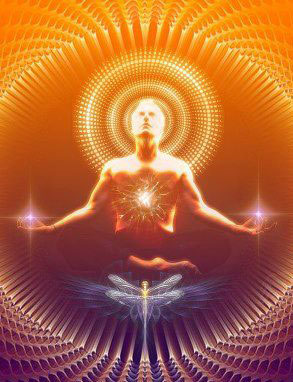Spiritual death
A classical point of departure in defining death, seems to be life itself. Death is perceived either as a cessation of life – or as a passage on the way to a continuation of life by other means. A logically more rigorous approach, would be to ask “who dies” when death occurs. In other words, … Read more

